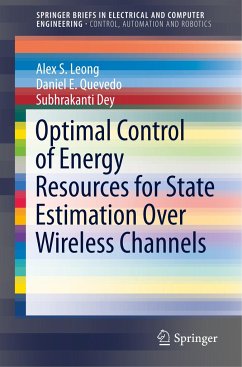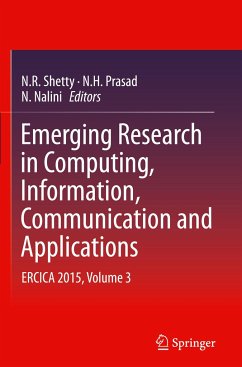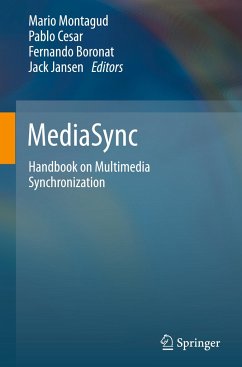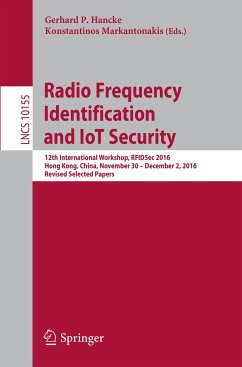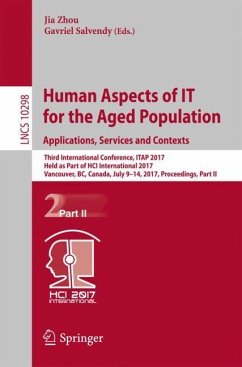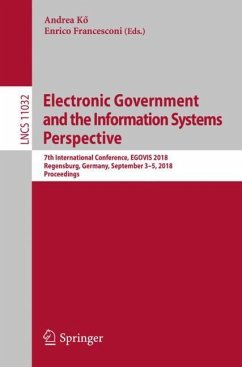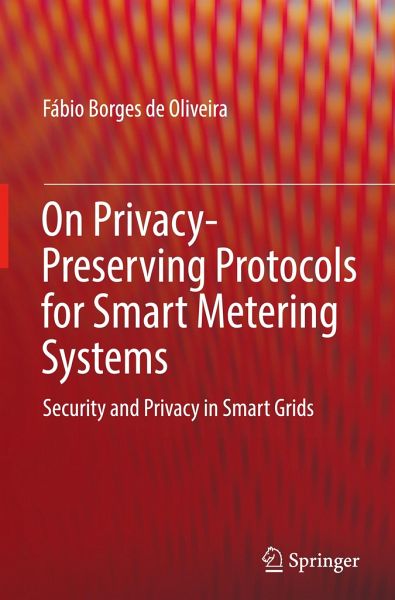
On Privacy-Preserving Protocols for Smart Metering Systems
Security and Privacy in Smart Grids
Versandkostenfrei!
Versandfertig in 6-10 Tagen
38,99 €
inkl. MwSt.
Weitere Ausgaben:

PAYBACK Punkte
19 °P sammeln!
This book presents current research in privacy-preserving protocols for smart grids. It contains several approaches and compares them analytically and by means of simulation. In particular, the book introduces asymmetric DC-Nets, which offer an ideal combination of performance and features in comparison with homomorphic encryption; data anonymization via cryptographic protocols; and data obfuscation by means of noise injection or by means of the installation of storage banks. The author shows that this theory can be leveraged into several application scenarios, and how asymmetric DC-Nets are g...
This book presents current research in privacy-preserving protocols for smart grids. It contains several approaches and compares them analytically and by means of simulation. In particular, the book introduces asymmetric DC-Nets, which offer an ideal combination of performance and features in comparison with homomorphic encryption; data anonymization via cryptographic protocols; and data obfuscation by means of noise injection or by means of the installation of storage banks. The author shows that this theory can be leveraged into several application scenarios, and how asymmetric DC-Nets are generalizations of additive homomorphic encryption schemes and abstractions of symmetric DC-Nets. The book provides the reader with an understanding about smart grid scenarios, the privacy problem, and the mathematics and algorithms used to solve it.



